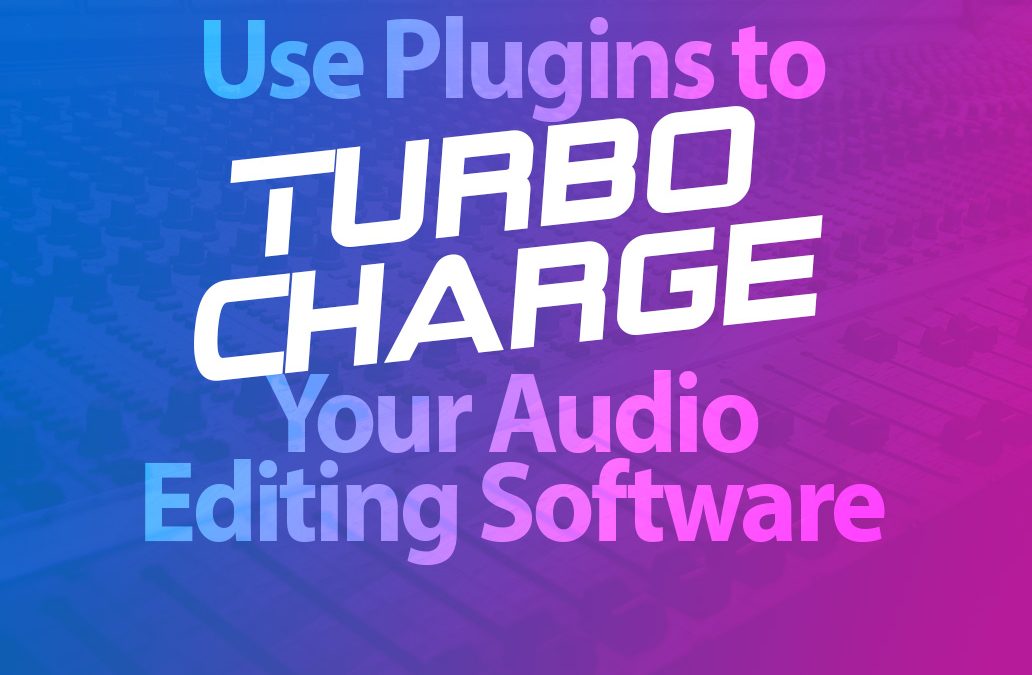When I first got a smart phone, I thought it was pretty cool, but the next level really came when I realized I could download additional apps that would allow my phone to do more than it could out of the box. The same is true for audio editors like Adobe Audition, Cubase, Protools, and Audacity. These additional apps you can download for your editor are called plugins, and when it comes to sound, these “plugins” are where the fun really starts, and where you can get the tools to modify your sound like a pro. In this article, we’ll check out some of the common plugin makers and how they can take the sound of your podcast to the next level.
What are pugins?
Plugins are downloadable softeare addons that work directly with you audio edition software to give you more, and often better quality, tools to change the sound of your podcast.
Different Types of Plugins
There are thousands of plugins available today that you can use with your audio software that can really up your podcast editing game! There are plugins for everything from changing the distortion and reverb on guitars to getting more crisp sounds on drum recordings. For podcasts though, we are mainly looking to improve the quality of our voices and enhance the overall sound of our completely podcast including intros and sponsor messages. To accomplish this, we want to focus on a few types of plugins.
Equalization Plugins- For changing tones and improving the sound of our voices.
Compression Plugins- For leveling our sound. (see article on compression)
Noise Reduction Plugins- For reducing unwanted noise
LUFS Plugins- For adjusting our podcasts volume to industry standard.
Where can I get plugins?
There are a number of free plugins on the internet on websites like splice.com. However, if your shooting for qaulity, we reccommend checking out premium plugins from makers like Waves, Native Instruments, or Izotope.
Plugins are a great way to expand the tools in your belt for creating better sound. A top knotch plugin on a free audio editing software will give you just as good of quality as the same top knotch plugin on an expensive audio editing software. The good news is, most modern editing programs are compatible with plugins.

